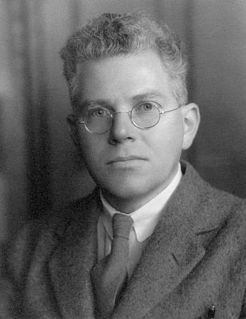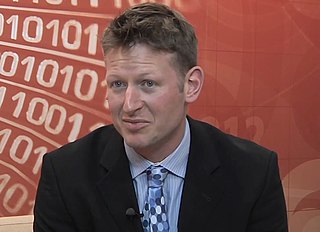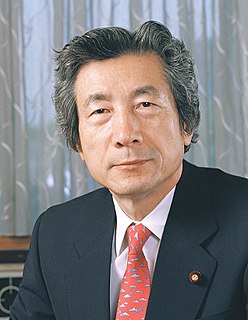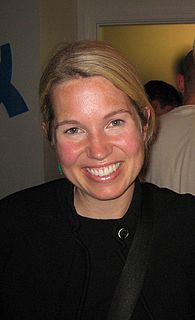A Quote by Taylor Wilson
Everybody after Fukushima had to reassess the safety of nuclear. When I set out to design a reactor, I knew it had to be passive and intrinsically safe.
Related Quotes
I, who had been in favour of nuclear energy for generating electricity ... I suddenly realised that anybody who has a nuclear reactor can extract the plutonium from the reactor and make nuclear weapons, so that a country which has a nuclear reactor can, at any moment that it wants to, become a nuclear weapons power. And I, right from the beginning, have been terribly worried by the existence of nuclear weapons and very much against their use.
In the spring of 2007, Israeli intelligence brought to Washington proof that the Assad regime in Syria was building a nuclear reactor along the Euphrates - with North Korean help. This reactor was a copy of the Yongbyon reactor the North Koreans had built, and was part of a Syrian nuclear weapons program.
I started out in nuclear physics. But after I became more sensitized to the environmental and health implications of the nuclear system - I was being trained to be the first women in the fast-breeder reactor in India (and was in it when it first went critical) - I didn't feel comfortable with it. So I went into theoretical physics.
The most dangerous thing Iraq could have ever had was a nuclear weapon. The nuclear weapon Iraq was trying to build was not deliverable by bomb or ballistic missile. It was a large, bulky device that they hoped to bury and set off to let the world know they had a nuclear weapon. They never achieved that.
There was a concept a long time ago that you would do a different type of reactor called a "fast reactor," that would make a bunch of another element called plutonium, and then you would pull that out, and then you would burn that. That's called "breeding" in a fast reactor. That is bad because plutonium is nuclear weapons material. It's messy. The processing you have to get through is not only environmentally difficultly, it's extremely expensive.
When experts say nuclear power generation is safe and doesn't cost much and this is the only way to go if we want to stop relying on coal, well, we believe them. But they've been lying to us for years. And the point is, we've never really known anything about nuclear power generation. We had little interest in it before 3/11, and we certainly had no idea how difficult it is to control nuclear energy.
My skills weren't that I knew how to design a floppy disk, I knew how to design a printer interface, I knew how to design a modem interface; it was that, when the time came and I had to get one done, I would design my own, fresh, without knowing how other people do it. That was another thing that made me very good. All the best things that I did at Apple came from (a) not having money, and (b) not having done it before, ever. Every single thing that we came out with that was really great, I'd never once done that thing in my life.
It was like I lived in a little suburban neighborhood in the middle of New York City because I could run around barefoot or, you know, completely independently from a very young age in the safety of this building where I knew everybody and where I had friends on every floor, and I knew the bellmen in the lobby.




































